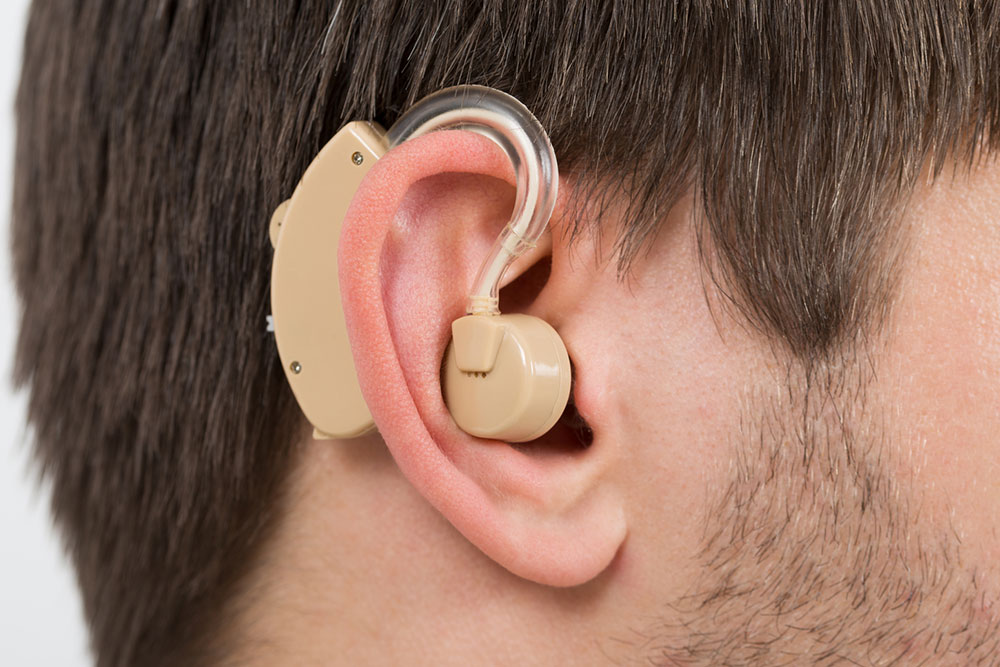5 common mistakes new hearing aid owners must avoid

Hearing aids are a blessing for individuals with hearing loss. These devices amplify and clarify sounds, transforming the wearer’s life and making daily tasks more accessible. However, those new to using hearing aids often find adapting to them and learning their functions challenging during the initial days. Consequently, many people make mistakes when using hearing aids for the first time, compromising efficiency. Here are a few such mistakes to avoid.
Not giving oneself enough time to adapt
Individuals new to hearing aids may find it difficult to adjust to them at first and may avoid wearing them due to the discomfort. However, one must understand that adapting to these new devices takes time. Users need to get used to wearing them throughout the day and processing unfamiliar sounds in the surroundings.
Neglecting to read the instructions
Another mistake individuals must avoid when new to hearing aids is neglecting to read the instruction manual. This document explains the device’s functions and adjustments in detail. Adhering to the instructions can prevent a person from misusing the product, which can lead to inadequate performance and unsatisfactory results.
Not adjusting the settings
Each individual with hearing loss may have different requirements. To address these diverse needs, hearing aids have customizable settings and adjustable volume levels. Before using the product, one must get its settings adjusted as per their requirements from an audiologist. Not adjusting the settings or adjusting them incorrectly can lead to insufficient results.
Not cleaning the hearing aids
Over time and with usage, hearing aids can gather earwax and debris, which must be cleaned to ensure they continue to function correctly. Failing to clean the device regularly can lead to impaired functioning. Individuals must clean their hearing aids using the recommended tools and methods to avoid damage.
Not storing them properly
Besides cleaning the device regularly, users must store it properly to ensure optimal performance in the long run. Experts recommend turning off the hearing aid when not in use and storing it in a cool, dry place away from moisture. Storing it in a case can further protect it from unexpected damage.










